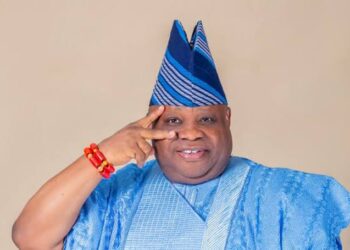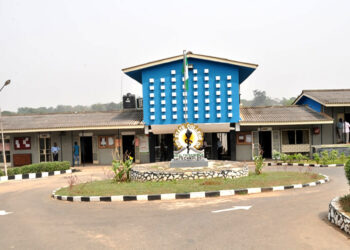Speculation about a potential alliance between 2023 presidential candidates Atiku Abubakar and Peter Obi has reignited discussions in Nigeria’s political landscape. While the idea may appear strategic on the surface—it is unlikely to succeed.
Nigeria’s power-sharing arrangement, though not formal, plays a crucial role in maintaining national cohesion. The principle of rotating the presidency between the North and South has, over the years contributed to the Country’s political stability and shaped both elite calculations and voter expectations. Therefore, with President Bola Tinubu still in his first term, the idea of fielding a northern candidate in 2027 could prove politically toxic in the South.
At a time when many in the southern region, including key political blocs in the South-East and South-South, believe the presidency should remain in the South until 2031 to achieve a political balance, the vision of Atiku Abubakar for the 2027 presidential race is untimely. Tinubu’s administration, regardless of its performance, is seen by some as part of a broader regional entitlement that should be completed before power shifts northward. Against this backdrop, a ticket led by Atiku Abubakar may struggle to gain traction, regardless of Peter Obi’s involvement.
For Obi, the calculation is equally complex. His 2023 campaign under the Labour Party galvanized a movement rooted in regional sentiment and dissatisfaction with traditional power structures. Aligning with Atiku risks diluting the independent political identity he has built, as it could alienate voters who rallied behind him as a symbol of southern self-determination and generational change.
In the North, there is a growing recognition that maintaining national balance may require allowing the South to retain the presidency until the completion of a full two-term cycle. Any attempt to reverse that trajectory prematurely could reignite tensions and disrupt the fragile political equilibrium that holds the country together.
An alliance between Atiku and Obi may offer a united front on paper, but it overlooks the regional dynamics that will likely shape the 2027 election. Both men bring political capital and national recognition, yet these assets may not translate into a winning formula under current circumstances.
It seems the two high-profile—Atiku and Obi do not understand that strategic alliances in Nigerian politics are not solely about personalities but the reflection of the country’s intricate regional sensitivities. Without broad-based consensus and respect for the unwritten codes that govern the rotation of power, any such coalition risks being viewed as opportunistic—and ultimately, unviable.
For Atiku and Obi, the road to relevance in 2027 may lie not in reviving an old partnership, but in backing a vision that respects national sentiment and fosters unity across Nigeria’s diverse regions.




